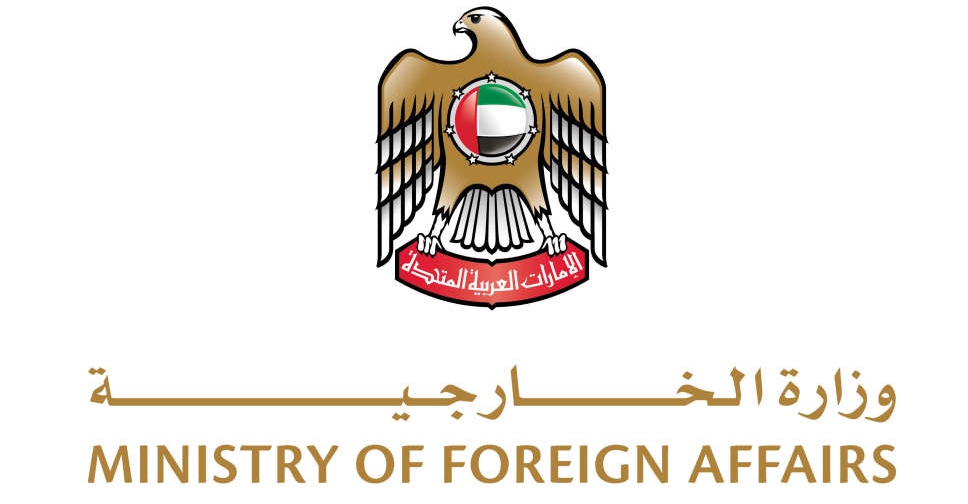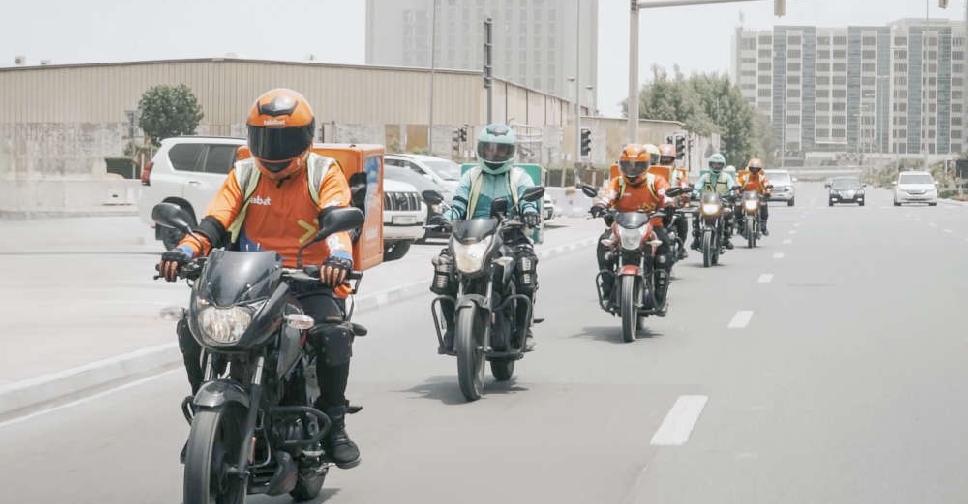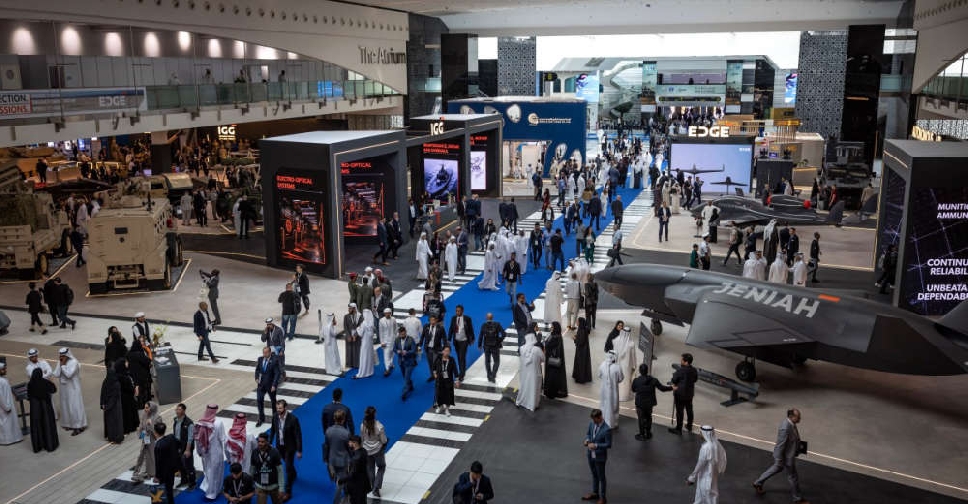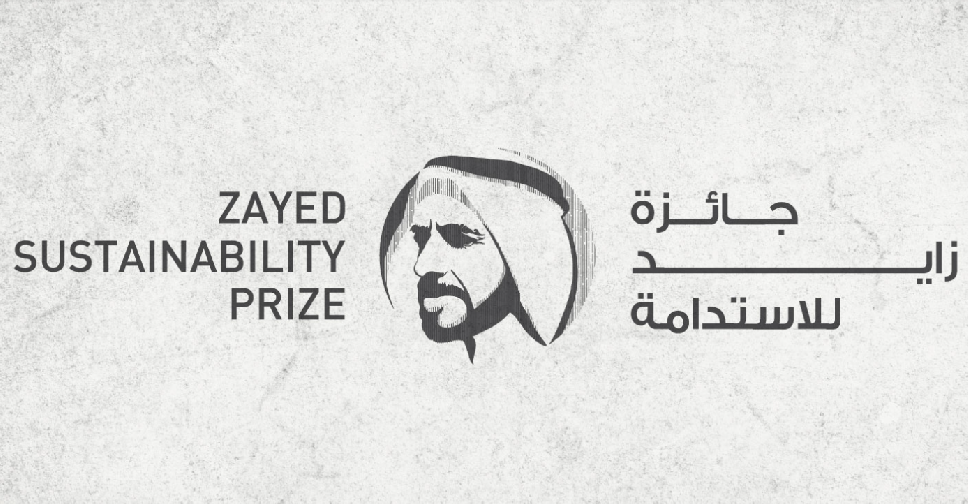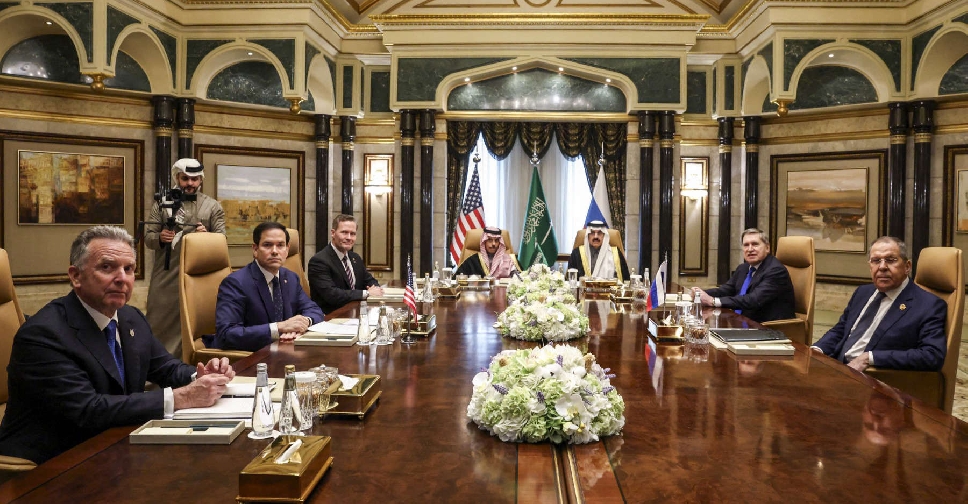
The United States and Russia said on Tuesday they had agreed to press ahead with efforts to end the war in Ukraine after holding talks in the Saudi capital at which Kyiv was not represented.
The 4-1/2-hour meeting in Riyadh marked a crucial moment - the first time that US and Russian officials have sat down together to discuss ways to halt the deadliest conflict in Europe since World War Two. Ukraine says it will not accept any deal imposed on it without its consent.
Even before the talks took place, the new administration of President Donald Trump was accused by some European politicians of handing free concessions to Moscow last week by ruling out NATO membership for Ukraine and saying it was an illusion for Kyiv to believe it could win back the 20% of its territory now under Russian control.
US national security adviser Mike Waltz told reporters in Riyadh that the war must come to a permanent end, and this would involve negotiations over territory.
"Just a practical reality is that there is going to be some discussion of territory and there's going to be discussion of security guarantees," he said.
Addressing Ukrainian and European concerns, US Secretary of State Marco Rubio said no one was being sidelined, the European Union needed to be involved at some point, and any solution must be acceptable to all parties.
But even while the meeting in the Saudi capital was under way, Russia hardened its demands.
Foreign Ministry spokeswoman Maria Zakharova told reporters in Moscow it was "not enough" for NATO not to admit Ukraine as a member.
She said the alliance must go further by disavowing a promise it made at a summit in Bucharest in 2008 that Kyiv would join at a future, unspecified date.
"Otherwise, this problem will continue to poison the atmosphere on the European continent," she said.
Ukrainian President Volodymyr Zelenskiy has consistently demanded NATO membership as the only way to guarantee Kyiv's sovereignty and independence from its nuclear-armed neighbour.
Ukraine agreed to give up its Soviet-era nuclear weapons in 1994 in exchange for assurances of independence and sovereignty within its existing borders from Russia, the US and Britain.
As European countries discuss the possibility of contributing peacekeepers to back any Ukraine peace deal, Russian Foreign Minister Sergei Lavrov also said in Riyadh that Moscow would not accept the deployment of NATO troops there, whatever flag they were operating under.
"Of course, this is unacceptable to us," he said.
The comments by Lavrov and Zakharova signalled that Russia will keep pressing for further concessions in the negotiations, whose opening encounter saw Lavrov and Kremlin foreign policy aide Yuri Ushakov - two veterans who have spent a combined 34 years in their current roles - negotiate with three Trump administration officials in their first month on the job.
Both sides said no date had been set for a meeting between Trump and Russian President Vladimir Putin, which both men say they want.
But the fast-moving diplomacy, beginning with a Putin-Trump phone call only six days earlier, has triggered alarm in Ukraine and European capitals that the two leaders could cut a quick deal that ignores their security interests, rewards Moscow for its invasion and leaves Putin free to threaten Ukraine or other countries in the future.
US State Department spokesperson Tammy Bruce said the two sides agreed to appoint "respective high-level teams to begin working on a path to ending the conflict in Ukraine as soon as possible in a way that is enduring, sustainable, and acceptable to all sides".
Russian negotiator Ushakov told reporters after more than four hours of talks: "It was a very serious conversation on all the questions we wanted to touch upon."
Rubio said he had come away convinced that the Russian side was "willing to begin to engage in a serious process to determine how quickly and through what mechanism can an end be brought to this war".
Lavrov said there was "high interest" in lifting economic barriers between the two countries, after the US and other Western countries imposed waves of sanctions on Moscow over the war.
Rubio was non-committal when asked whether these might be lifted.
"There are other parties that have sanctions. The European Union is going to have to be at the table at some point, because they have sanctions as well that have been imposed," he said.
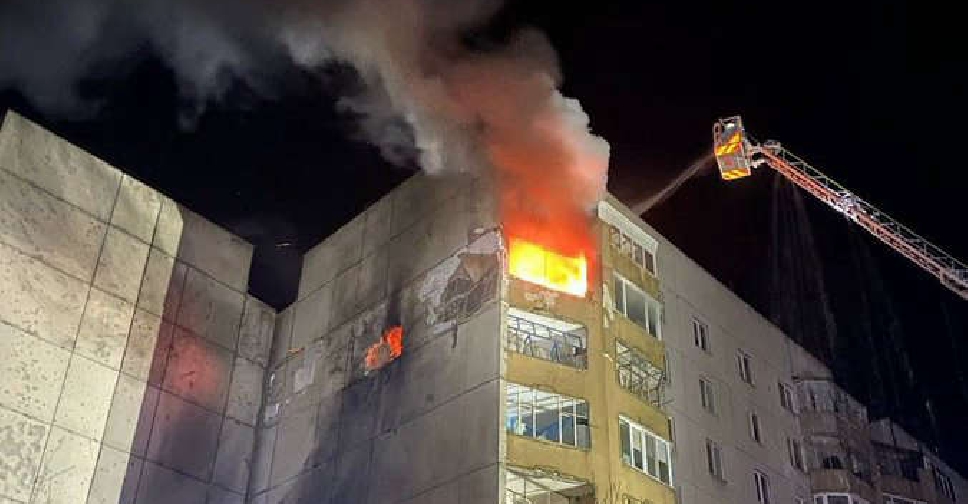 Large Russian drone attack injures civilians in central Ukraine
Large Russian drone attack injures civilians in central Ukraine
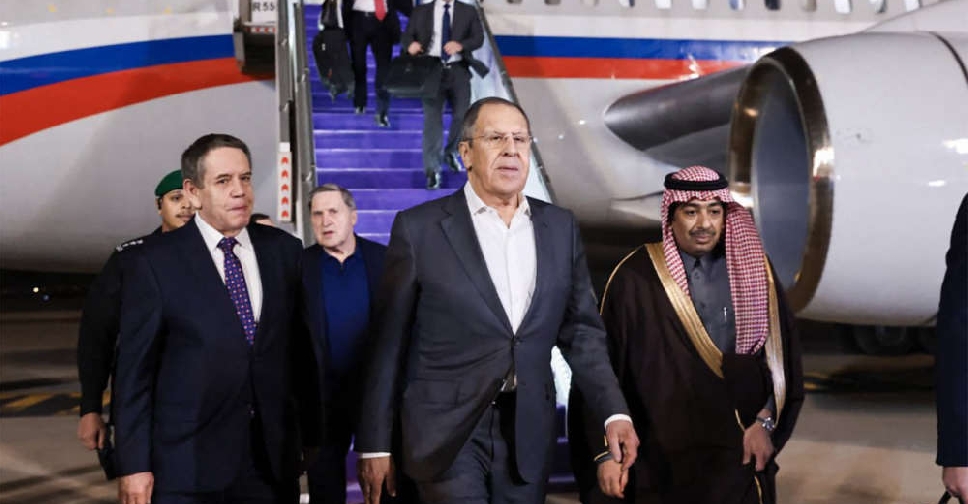 Russian officials to discuss Ukraine war in Saudi Arabia
Russian officials to discuss Ukraine war in Saudi Arabia
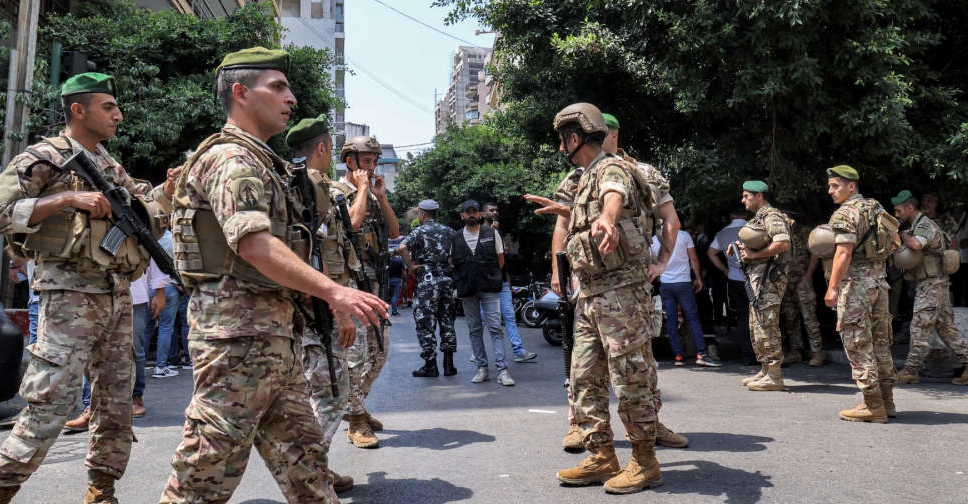 Deadline for Israeli withdrawal from Lebanon expires
Deadline for Israeli withdrawal from Lebanon expires
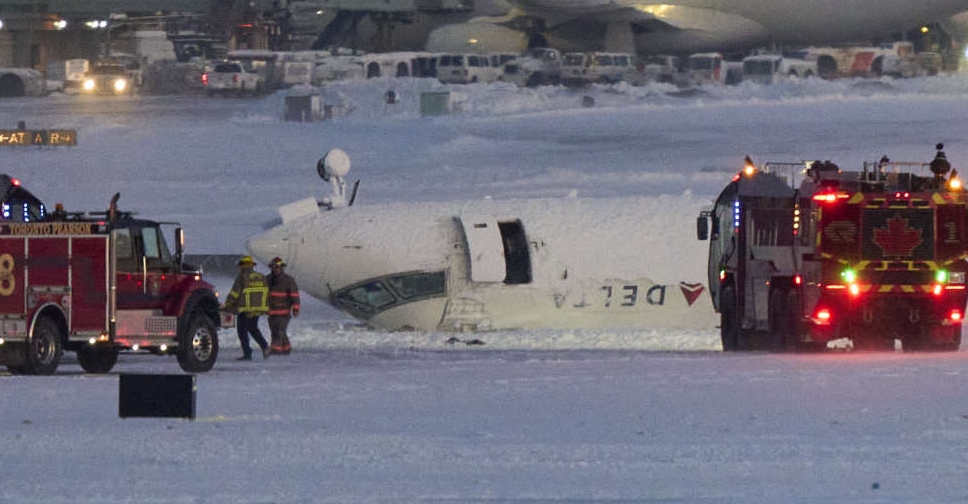 18 injured after Delta plane flips upside down in Toronto
18 injured after Delta plane flips upside down in Toronto
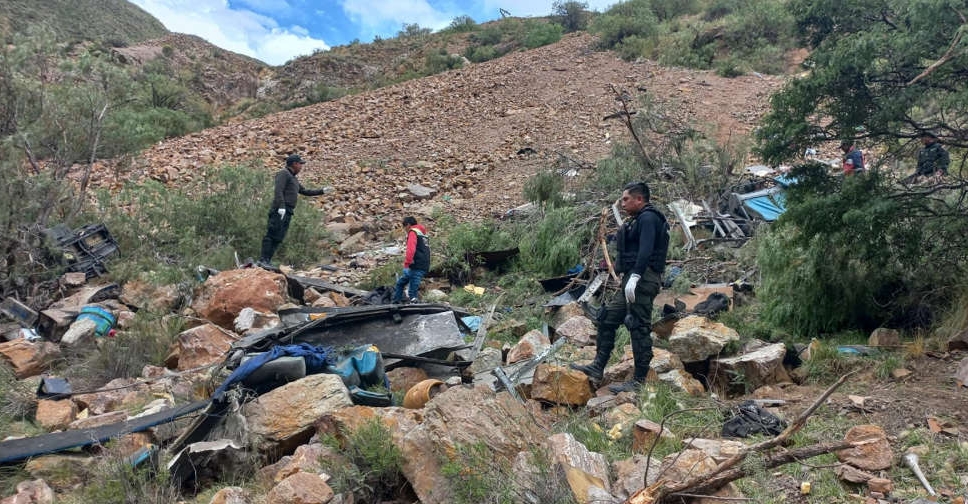 At least 30 killed after Bolivia bus plunges into ravine
At least 30 killed after Bolivia bus plunges into ravine
